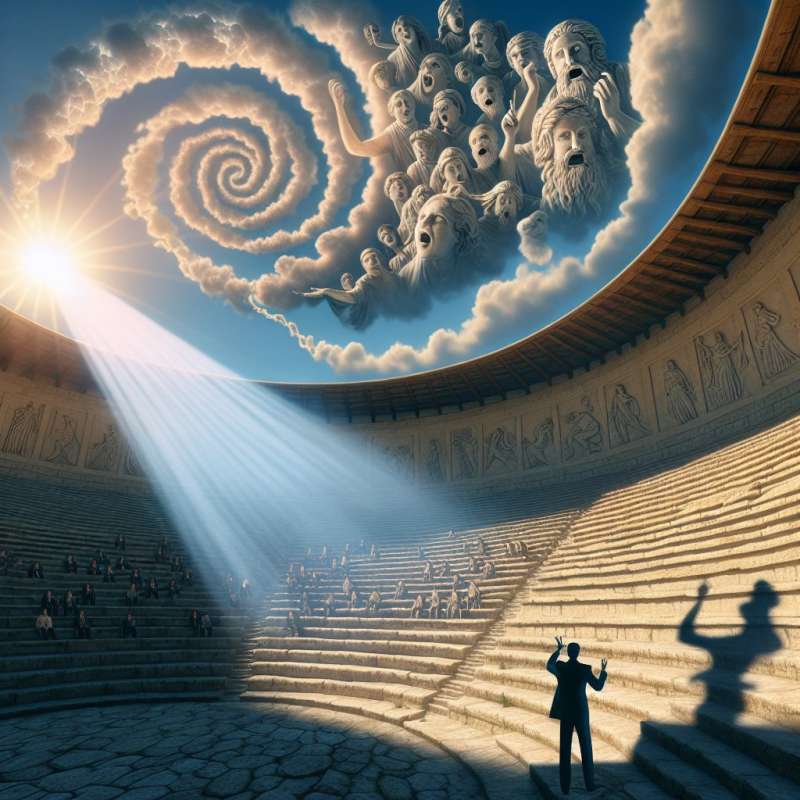
The Epic's Genesis
Homer's 'Odyssey' is a sequel to 'Iliad,' composed around the 8th century BC. As an oral epic, its exact origins are shrouded in mystery, with scholars debating the existence of a singular Homer.
Odyssey's Structural Complexity
Unlike its straightforward predecessor, the 'Odyssey' is non-linear. It employs flashbacks and storytelling, showcasing early narrative complexity and influencing countless future works with its innovative structure.
Odysseus' Lengthy Journey
Odysseus' trip took an unexpected 10 years post-Trojan War, highlighting themes of perseverance and the struggle against divine intervention, fate, and the unknown.
Myth Meets Reality
Recent archaeological discoveries, such as the Palace of Odysseus on Ithaca, suggest that certain elements of the 'Odyssey' may be anchored in historical reality.
Pioneering Female Roles
Penelope and Circe, central figures in the 'Odyssey,' were among Greek literature's first complex female characters, offering nuanced portrayals that defied the era's norms.
Influence on Modern Media
The 'Odyssey' has inspired countless adaptations and references in modern media, including James Joyce's 'Ulysses' and the Coen Brothers' 'O Brother, Where Art Thou?'.
Ancient Allegories
The 'Odyssey' is not just a tale of adventure; it's an allegory for life's journey, personal growth, and the quest for home, identity, and spiritual peace.
What century was 'Odyssey' composed?
10th century BC
8th century BC
5th century BC
Company